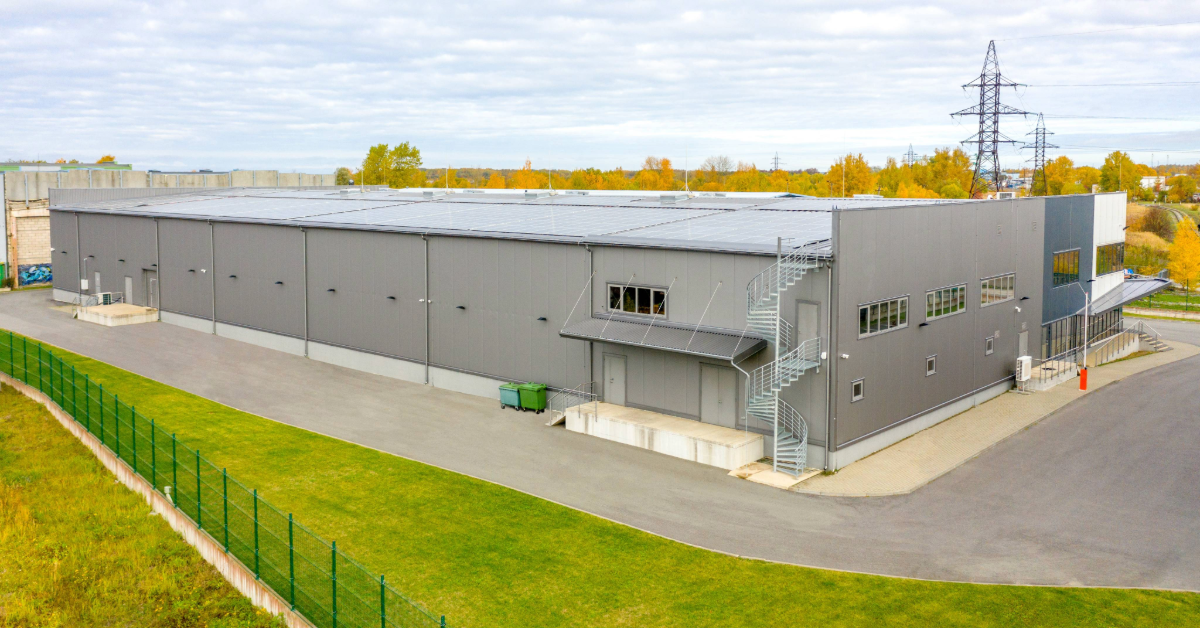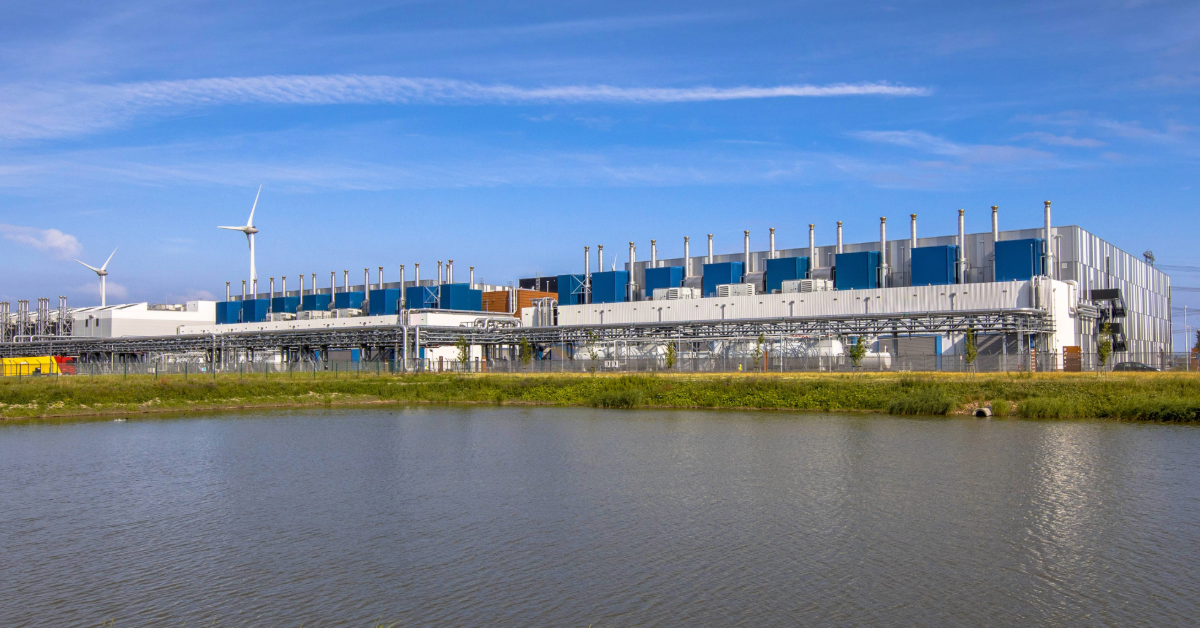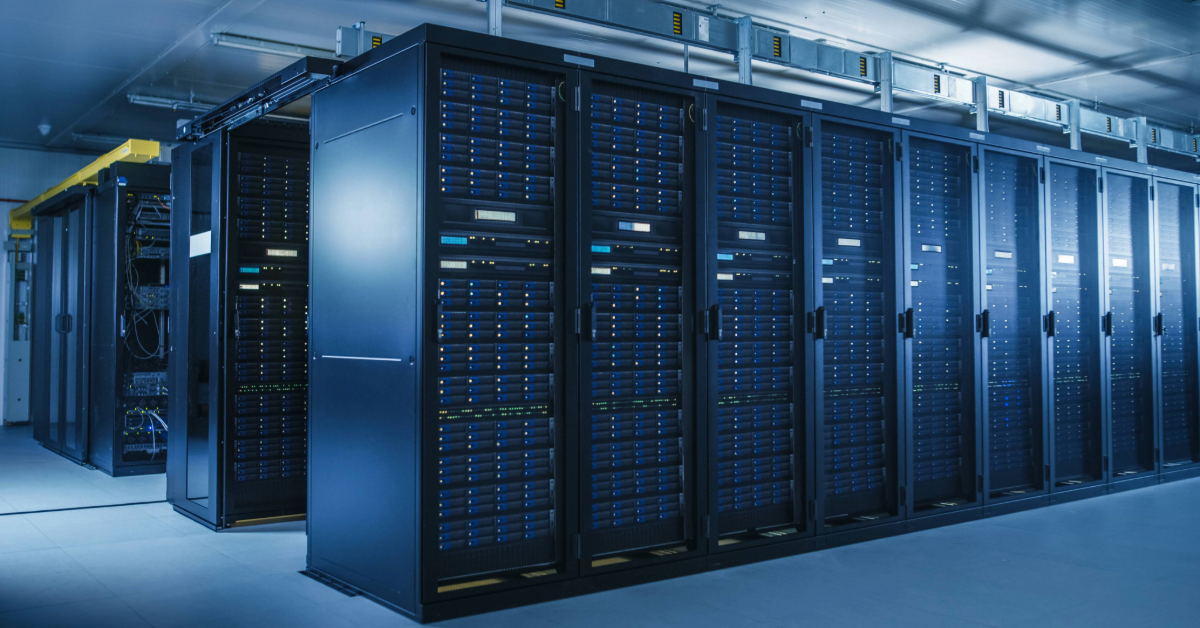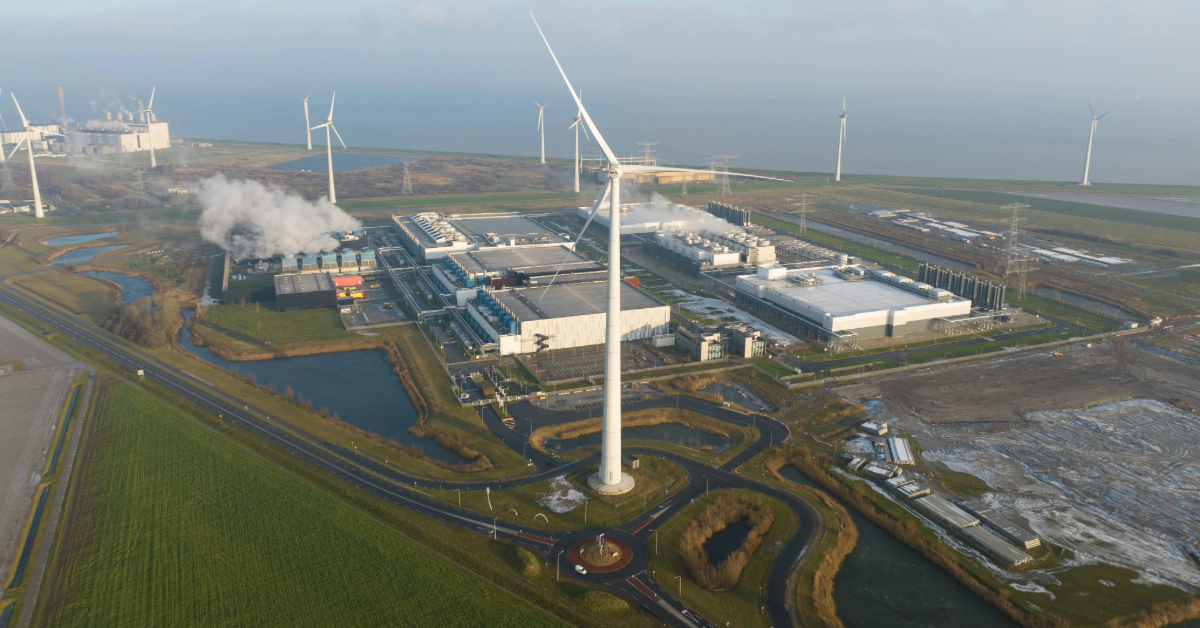How Nodal Modeling Optimizes Data Center Siting
Originally published on Utility Dive on November 11, 2024
2 min read
 Team Energy Exemplar
:
April 7, 2025
Team Energy Exemplar
:
April 7, 2025

The digital economy is expanding at an unprecedented rate. Cloud computing, artificial intelligence, and high-performance computing are driving a massive surge in data center construction worldwide. However, with this rapid expansion comes a critical challenge—energy availability.
The energy demand from data centers is set to skyrocket. In some regions, such as Malaysia, the projected load growth from data centers alone could match the country's entire current electricity consumption within the next decade. This level of growth presents complex challenges for both developers and grid operators.
For data center companies, the key question is: How can we strategically plan for the energy future while ensuring uninterrupted operations and sustainable growth?
As hyperscalers and colocation providers expand, they must navigate an evolving energy landscape fraught with uncertainty. Some of the biggest hurdles include:
Without a clear energy strategy, data center developers risk project delays, increased costs, and missed opportunities in high-growth markets.
Historically, data center developers have relied on manual approval processes from utilities to assess grid availability. This process often takes three to six months—and if a site is rejected, the entire search starts over, leading to costly delays.
Furthermore, traditional planning methods often focus on current grid conditions rather than forecasting future energy availability. This reactive approach leaves companies vulnerable to unforeseen infrastructure constraints and price fluctuations.
To thrive in the energy transition, data center developers need a forward-looking, data-driven strategy—one that aligns with long-term energy market trends and provides fast, reliable insights into grid capacity, site feasibility, and risk mitigation.

Siting a data center so that it has reliable and clean electricity is no easy task. In this infographic, learn some of the key factors that should be considered.
The future of data center growth depends on proactive, strategic energy planning. Developers must consider:
In an industry where power availability can determine billion-dollar investments, having the right tools to assess, forecast, and optimize energy strategies is no longer optional—it’s essential.
In our next blog, we’ll explore how PLEXOS®, a leading energy modeling platform, is transforming the way data centers make strategic decisions about their energy needs. Stay tuned to learn more!
Gain access to insightful articles, case studies, e-books & more to help you navigate the evolving energy landscape. Subscribe to our newsletter and we'll send the latest straight to your inbox!

Originally published on Utility Dive on November 11, 2024

Originally published on Energy Connects The explosion of data-driven technologies, particularly artificial intelligence (AI), has catapulted data...

The data center market is expanding at an unprecedented rate. The U.S. colocation market alone has doubled in size over the last four years....